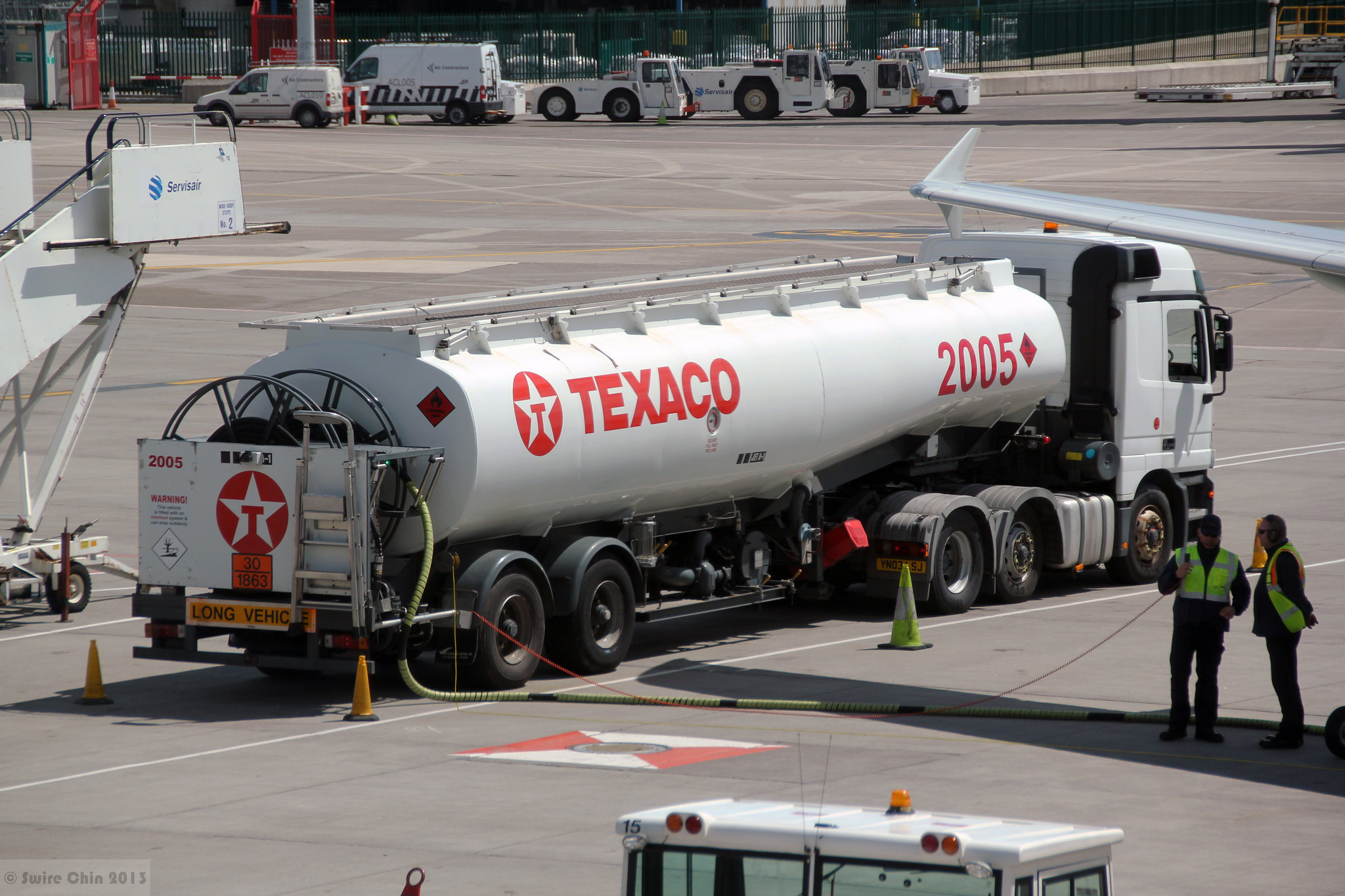Aviation accounts for over 2% of mankind’s emissions, more than other transportation systems such as trains or sea vessels. As such it has become key to the international effort to decarbonize transport, and Japan has eagerly embarked on a strategy to clean up its air travel by switching planes to sustainable aviation fuel (SAF).
SAF is a green replacement for traditional kerosene-based jet fuel, and it’s made from sources such as sugarcane in Brazil, waste gas in China and corn in the U.S. According to BloombergNEF, U.S. demand for SAF will grow by 12.1 billion liters each year through 2030.
In Japan, SAF production is still in its infancy. Several manufacturers and trading firms are eager to get into the sector, seeing strong demand from Japanese airlines. ANA Holdings and Japan Airlines, the nation’s top two players, both set targets to employ SAF to meet 10% of their fuel needs by 2030.
The pace of progress, however, remains slow. After three years of pandemic-hit business, airlines are wary of passing on the higher costs that come with SAF. The key to bringing those costs down may lie with strategic government support.

